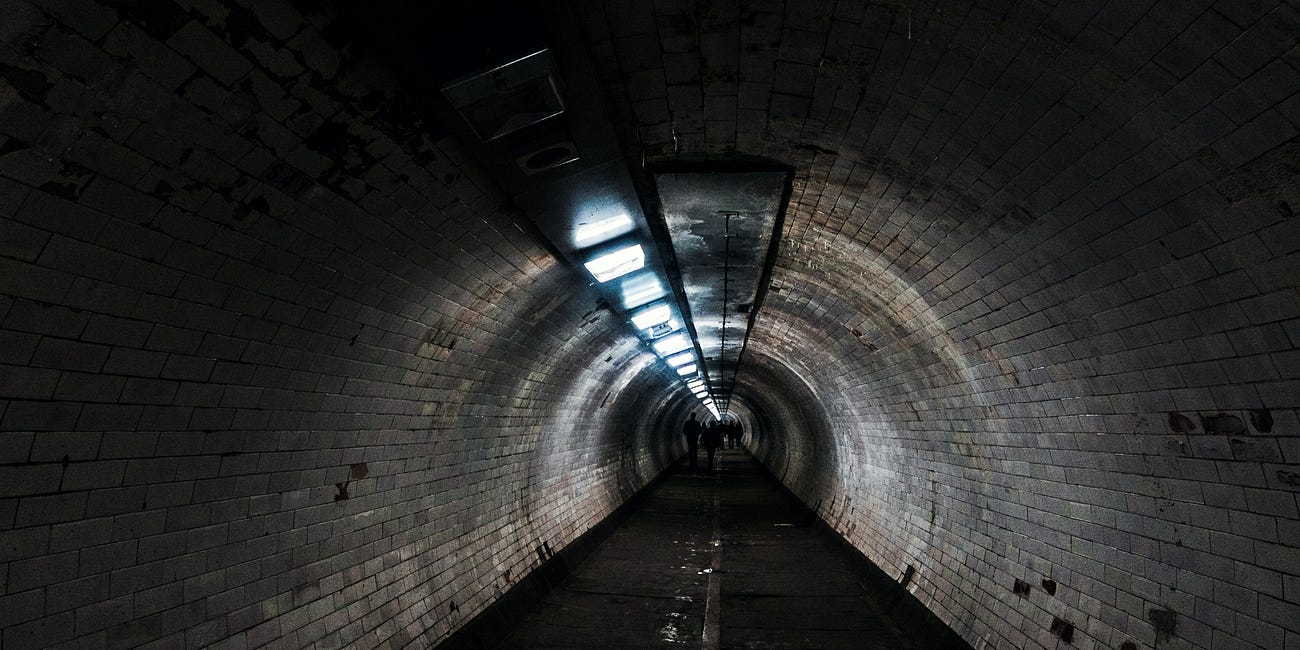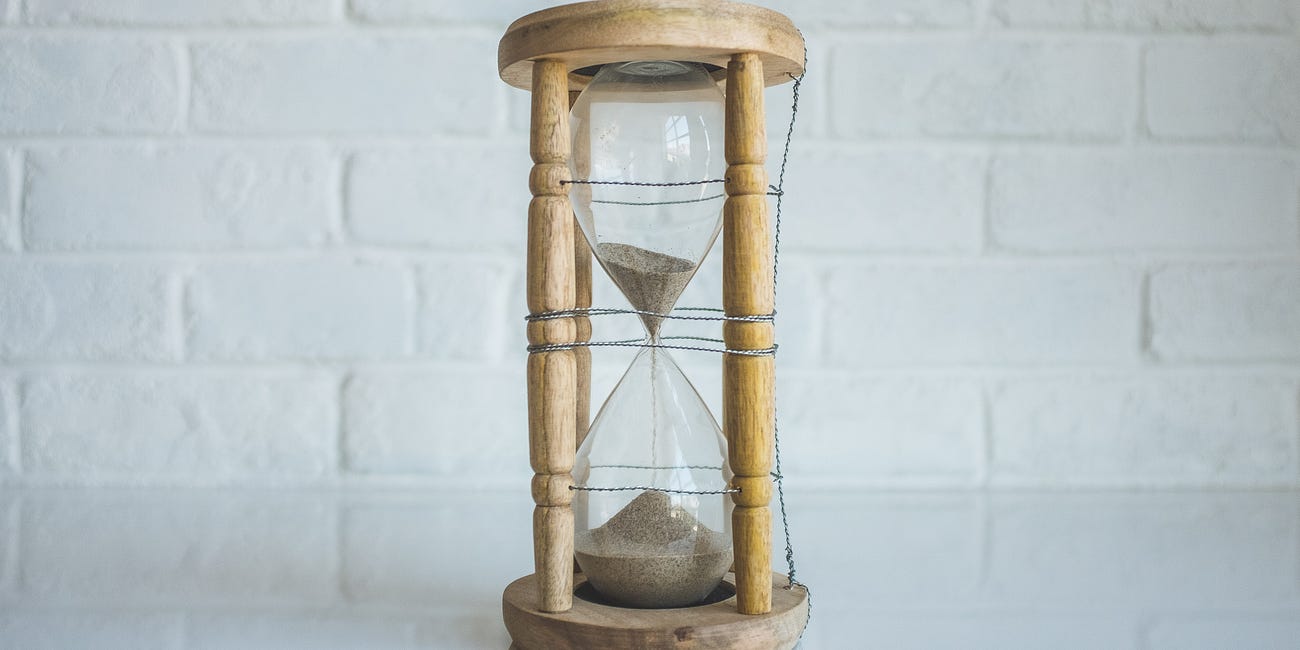The Role of the Environment in Building Self-Discipline
“Your environment will eat your goals and plans for breakfast.”— Steve Pavlina
“We are a product of our environment. So choose the environment that will best develop you toward your objective. Analyze your life in terms of its environment. Are the things around you helping you toward success — or are they holding you back?”
— W. Clement Stone
When it comes to building the skill of self-discipline, the environment plays a pivotal role. It isn’t simply about sheer willpower; it's about crafting surroundings that support your objectives. By understanding and modifying our environments, we can create the best foundation for cultivating discipline and achieving our goals.
Influence of the External Environment on Discipline
“Your environment will eat your goals and plans for breakfast.”
— Steve Pavlina
A chaotic, unstructured environment can lead to a similar state of mind. Just as a messy room can induce stress, an unsupportive environment can make self-discipline more difficult to achieve. The reverse is also true: an organised, positive environment can foster clarity and focus.
The 'Broken Windows Theory'
The "Broken Windows Theory," put forth in 1982 by social scientists James Q. Wilson and George L. Kelling, contends that visible signs of disorder and neglect lead to an increase in crime and antisocial behavior. If a window is broken and left unrepaired, it suggests that the environment doesn't matter, leading to more broken windows and increased disorder.
This theory was practically applied in New York City in the 1990s, focusing on minor offences like vandalism to improve the overall sense of order and discipline in the city. As minor crimes were addressed, major crimes began to decline. The theory highlights the profound impact of the environment on human behaviour.
The Physical Environment and Productivity
“Order is heaven’s first law.”
— Alexander Pope
The design and layout of your workspace, the noise level, and even the lighting can all influence your ability to stay focused.
The Cornell University Study on Office Temperature
A study by Cornell University found that when office temperatures were low (68 degrees), employees made 44% more mistakes than at optimal room temperature (77 degrees). Such factors, though seemingly trivial, can greatly affect one's capacity to stay disciplined and productive.
Social Environment: The Power of Peer Influence
“You are the average of the five people you spend the most time with.”
— Jim Rohn
Your social circle can influence your habits, behaviours, and attitudes more than you may realise. Surrounding yourself with motivated and disciplined individuals can naturally push you towards greater self-discipline.
The Roseto Effect
Roseto, a small town in Pennsylvania, had significantly lower rates of heart disease than the national average in the 1960s. Researchers were baffled because their diet and exercise were not particularly heart-healthy. The secret? Close-knit community ties, strong family values, and social cohesion. The supportive environment led to lower stress and better overall health.
The Digital Environment: Navigating the Age of Distraction
“Almost everything will work again if you unplug it for a few minutes, including you.”
— Anne Lamott
The digital environment, filled with notifications and endless streams of information, can be one of the biggest challenges to self-discipline.
Tristan Harris and Time Well Spent
Tristan Harris, a former design ethicist at Google, pointed out how tech companies design products to be addictive. Recognising this can be the first step towards regaining control. His movement, “Time Well Spent,” advocates for a tech environment that aligns with users' true goals and values instead of simply grabbing their attention.
Tips for Crafting a Discipline-Friendly Environment
Declutter Regularly: Keep your physical space tidy to reduce distractions and induce a calm state of mind.
Limit Digital Distractions: Use apps like Freedom or RescueTime to block distracting sites and track digital habits.
Surround yourself with positive influences. Foster relationships with disciplined individuals who inspire you.
Set Clear Boundaries: Whether it's work-life balance or time for personal growth, boundaries can prevent burnout and maintain discipline.
Conclusion
Your environment, more than innate willpower, can be the key determinant in your journey towards self-discipline. By consciously curating our surroundings—be it physical, social, or digital—we not only lay the groundwork for discipline but also create a foundation for overall well-being and success.
Written by Pooran Chandra
Read my blog on History of English Language and Literature.
Success Through Daily Dedication: Why Consistency Matters
Consistency, often underrated, plays an undeniable role in achieving enduring success. It isn't the big leaps that propel us to our goals, but the daily, consistent actions. In the words of Tony Robbins, “It's not what we do once in a while that shapes our lives. It's what we do consistently.” The story of success for many great achievers is, more often…
Mastering Productivity: The Science Behind the Pomodoro Technique
"Time is a created thing. To say 'I don't have time' is like saying, 'I don't want to.'” Lao Tzu In the modern age of relentless distractions, skyrocketing stress levels, and a constant battle for focus, it's essential to find effective ways to maximise our productivity. One technique that has garnered worldwide acclaim is the Pomodoro Technique, developed by Francesco Cirillo in the late 1980s. The name "Pomodoro" is derived from the Italian word for tomato, as Cirillo used a tomato-shaped kitchen timer to track his work intervals. The technique follows a simple principle: work in short, focused bursts, known as "Pomodoros," followed by brief breaks. Each Pomodoro typically lasts for 25 minutes, followed by a 5-minute break. On the surface, it appears to be a simple time management tool. However, delving deeper, we find that it's anchored in sound psychological and physiological principles.





